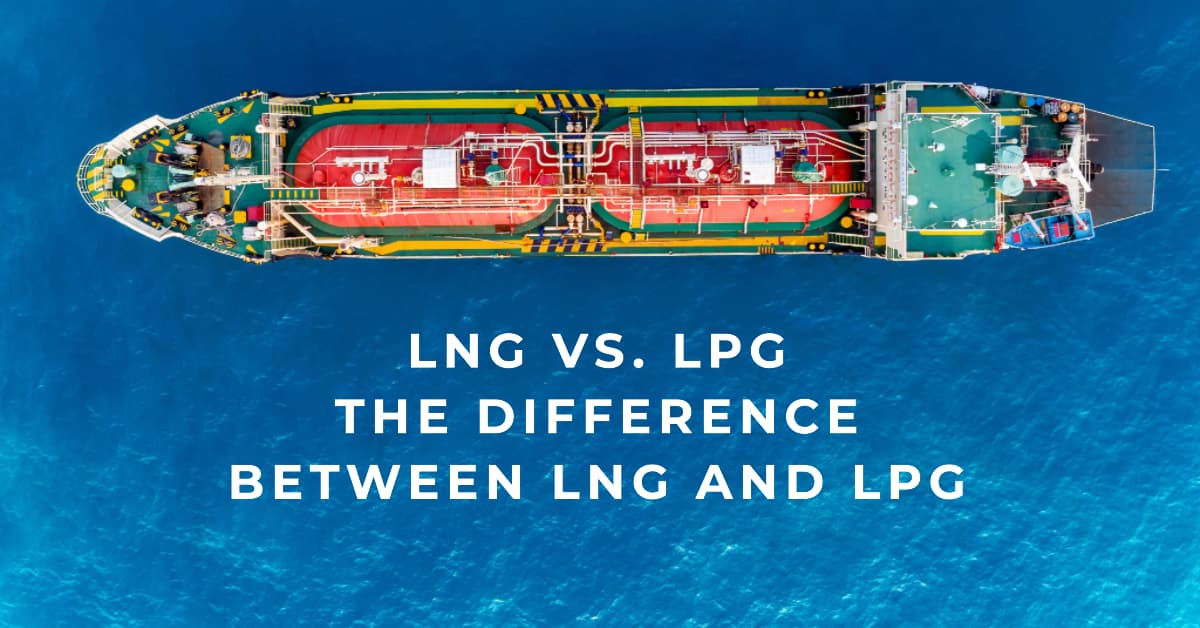E-commerce accounts for close to 20% of all retail sales globally. We buy goods and services through the internet and pay for them electronically using credit and debit cards, virtual currencies, wireless money transfers, and payment platforms such as Skill and PayPal.
It is possible to pay for and receive services electronically. However, tangible goods such as electronics need shipping to a destination near your residence or that of the recipient if you purchase a product from a third party.
There are two addresses that are essential when purchasing a product electronically, billing and shipping address. Read on and find out more about them, their differences, and the role they play during transactions.
Billing Address
A billing address is an address linked to your debit or credit card. The address you include in the application form for a credit or debit card (mostly your residential address) is your billing address.
If you change residence, your billing address will differ from the one linked to your card.
Why is Billing Address Important?
A billing address is where you access all invoices for your purchases, bank statements, and utility bills. It keeps you updated about your financial position and helps you spot any suspicious transactions in your account.
The bank verifies that a transaction through your account is authentic by checking the billing address in an invoice and comparing it with the one in their system.
Common Errors When Writing a Billing Address
Most debit and credit card users overlook the relevance of a billing address and sometimes write it incorrectly. Such negligence may cost you, especially when the bank wants to verify the authenticity of a transaction but cannot reach you in time. Other common errors buyers make when filling a billing address include:
- Entry of the right information in the wrong slot, for example, the city’s name in the street name slot.
- Wrong spellings when writing names, addresses, and postal or zip codes for your residence.
- A mismatch between the credit or debit card information in the company’s files and that provided by the customer.
You should ensure you provide accurate information to avoid incurring extra costs, for example, double payment of shipping costs when your order is returned to the seller.
Shipping Address
The address where your goods are delivered after an online purchase is called the shipping address. Ideally, the billing and shipping address is the same apart from a few exceptional cases such as:
- Change of residence. The address you provide when applying for a credit card differs from your current residential address when you change residence.
- Making an order for another person. If you purchase a product for another, the shipping address should be their residence and may differ from your billing address.
Importance of a Shipping Address
A shipping address is crucial in any online transaction because that is where your order is delivered. You should provide the correct shipping address to make the delivery of goods prompt and convenient.
Does the Billing Address Have to Match the Shipping Address?
The billing address can differ from the shipping address, although they are mostly identical. The billing address should match the one associated with your credit or debit card and other payment platforms but may differ from the shipping address.
Suppose you applied for a debit card while still in your parent’s residence but later moved out to your residence. The address linked to your debit card is your parents’ residential address and not yours. When making an order, your billing address should be your parents’ residential address, but the convenient shipping address is your current residential address.
Other cases that may yield a mismatch between the billing and shipping address are:
- Buying a gift for a friend or relative where the shipping address is the recipient’s residential address
- Purchasing a product on behalf of another person who lacks some of the requirements of making an online purchase.
What if the Billing Address is Different from the Shipping Address?
The online transaction, even if the BA is different from the SA. For a smooth exchange, you only need to ensure accuracy when filling the billing address as it appears in your credit card company and provides the right shipping address.
Differences Between Billing Address and Shipping Address
|
Billing Address |
Shipping Address |
| It is the address provided when applying for credit, debit cards, and other payment methods such as Skrill and PayPal | It is the address where you want your order delivered, mostly a residential address. |
| It helps in tracking all transactions in your account and helps the bank to detect any fraudulent activity in your account by hackers and cyber fraudsters | It helps in tracking the transportation of your purchases to ensure you receive them promptly |
|
The bank uses it to confirm the authenticity of purchases using debit and credit cards. The bank or company can only verify it using the information on their database. |
The e-commerce company uses it to verify the authenticity of the delivery location for an order. The company verifies the address through email. |
|
An error when filling it leads to the cancellation of a transaction. |
An error in filling it in the order form leads to the return of goods to the seller’s company and additional shipping charges to resend the product. |
Key Takeaways
- A billing and a shipping address are crucial in any online transaction, and they work concurrently.
- The two addresses may be identical or different but play distinct roles in the transaction process.
- Accuracy when providing the two addresses in an online order plays a key role in effecting a transaction smoothly
- Errors made when providing a BA may result in loss of money, while an error in a SA may lead to additional charges on double shipping.
Conclusion
Both BA and SA are important in offline and online transactions. It would help if you took time to learn the role of each before making an order and providing them to seller companies electronically or manually to avoid loss of money.
- LNG vs. LPG: A Comprehensive Guide to the Difference between LNG and LPG – November 5, 2024
- Cargo Handling Systems and Equipment on Oil Tankers – November 5, 2024
- What is Ship Tonnage? All Types and Use Explained! – October 30, 2024




